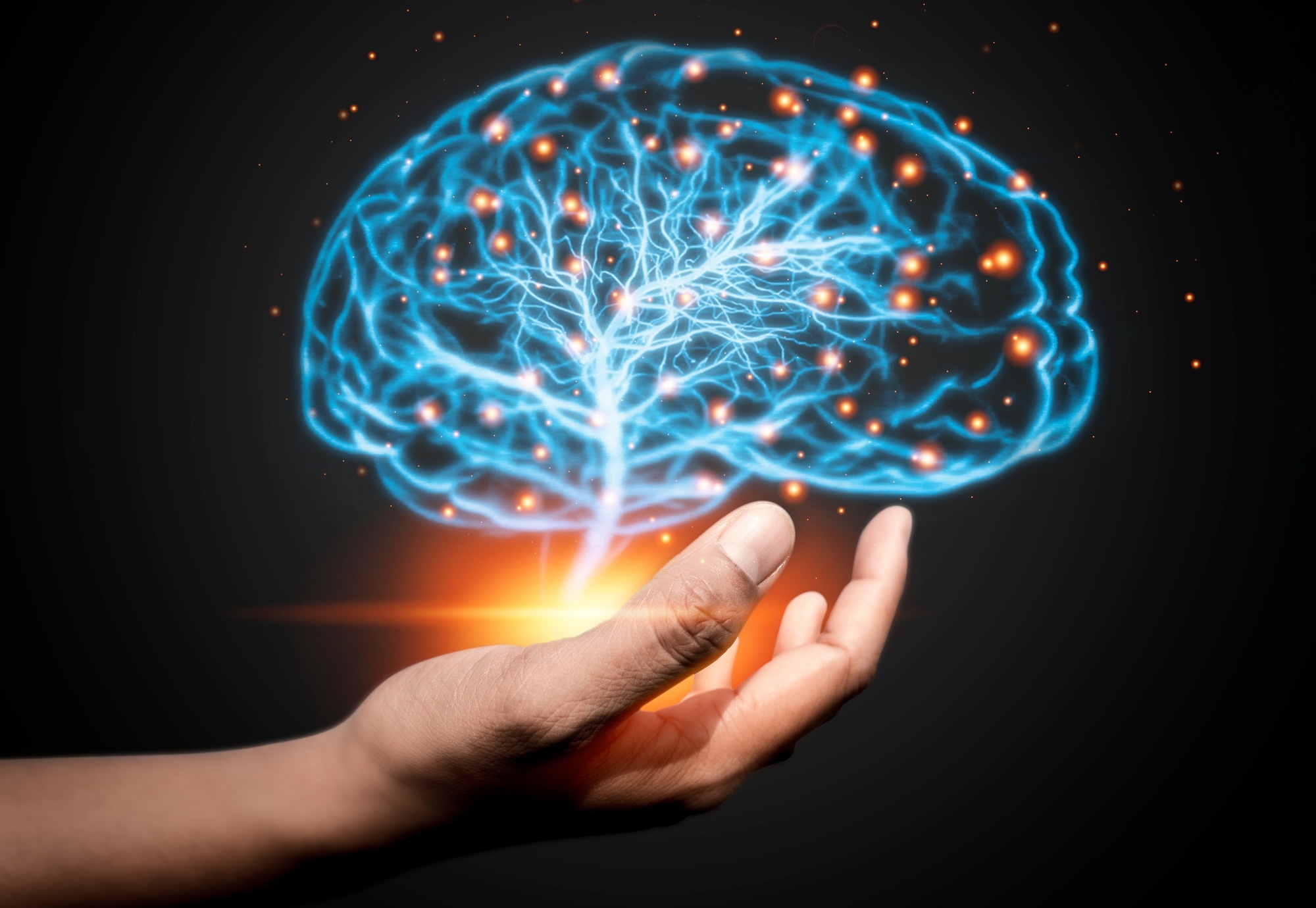In a recent study published in the journal Nature, researchers clarified how the body-brain axis, via specific neural circuits, senses and regulates inflammatory responses, possibly providing new approaches to treating immune disorders.
 Study: A body–brain circuit that regulates body inflammatory responses. Image Credit: Kampan / Shutterstock
Study: A body–brain circuit that regulates body inflammatory responses. Image Credit: Kampan / Shutterstock
Background
Maintaining a balanced immune response is vital for an organism's health and survival. Excessive pro-inflammatory activity can lead to immune dysregulation and a spectrum of autoimmune and inflammatory diseases. Understanding immune modulation can improve strategies for treating immune disorders. While innate and adaptive immunity are well-studied, the brain's regulatory role remains unclear. Research shows infections activate neural circuits affecting fever and appetite, and vagal nerve stimulation may offer anti-inflammatory benefits. Further research is needed to fully understand the mechanisms through which the body-brain axis influences immune responses, potentially unlocking novel therapeutic approaches for managing a wide array of immune-related disorders.
About the study
In the present study, all the experimental procedures involving animals adhered to the United States (U.S.) National Institutes of Health guidelines. The study used various strains of male and female mice, aged at least 7 weeks, obtained from the Jackson Laboratory and other sources. Key procedures included intraperitoneal injections of various agents like lipopolysaccharide (LPS) and cytokines, followed by detailed brain tissue analysis through staining and histology to observe inflammatory responses.
To assess brain responses, the mice underwent stereotaxic surgeries where they were anesthetized and placed on a stereotaxic frame for precise injections into specific brain areas. The surgeries involved both chemogenetic techniques to activate or inhibit neurons and fiber photometry to record neural activity in response to inflammatory stimuli. Techniques such as single-cell Ribonucleic acid (RNA) sequencing were employed to dissect the molecular intricacies of neural-immune communication, further elaborating on the interaction between the brain and peripheral immune responses.
Study results
In the experiments, mice were exposed to LPS, a component from the outer membrane of gram-negative bacteria known to trigger immune responses. Upon intraperitoneal injection of LPS, significant changes in both pro-inflammatory and anti-inflammatory cytokines were detected in the mice's blood, peaking two hours post-injection. Brain scans for the immediate early gene Fos, indicative of neural activity, revealed activation primarily in the Area Postrema (AP) and the caudal Nucleus of the Solitary Tract (cNST) within the brainstem, the latter being a critical relay in the body-brain communication axis.
Further investigations showed that LPS's effect on cNST neurons depended on its action on immune cells rather than direct influence, as Myeloid differentiation primary response 88 (Myd88) knockout mice that lacked a key component of the LPS receptor pathway showed no cNST neuron activation. This pointed to a precise immune-to-brain signaling rather than a generalized inflammatory response.
To better understand this signaling, the study employed techniques such as fiber photometry to observe real-time neural activity in the cNST following peripheral LPS application. When the vagus nerve, the principal route for peripheral signals to reach the brain, was cut, the LPS-induced neural activity ceased, highlighting the nerve's essential role in conveying immune signals to the brain.
Exploring further, the study utilized a genetic approach to silence neurons in the cNST that responded to LPS. This silencing dramatically altered the body's immune response, causing an unchecked increase in pro-inflammatory signals and a significant drop in anti-inflammatory signals. Conversely, artificially activating these neurons suppressed the inflammatory response and boosted anti-inflammatory signals, confirming the cNST's capacity to modulate peripheral inflammation.
Single-cell RNA sequencing revealed that neurons activated by LPS primarily belonged to specific glutamatergic and one GABAergic viz neurons or receptors that use Gamma-AminoButyric Acid (GABA) as their neurotransmitter, cluster within the cNST, indicating a selective neuronal pathway involved in processing these immune signals. Activation of these neurons suppressed LPS-induced inflammation, confirming their regulatory role.
Additionally, in vivo calcium imaging showed that cytokines triggered distinct populations of sensory neurons in the nodose ganglia, part of the vagal sensory system, suggesting a sophisticated mechanism where specific sensory neurons detect and relay peripheral immune statuses to the brain.
Conclusions
To summarize, the brain modulates innate immune responses, a role highlighted by research on the vagus nerve's involvement in regulating inflammation. Over two decades ago, Kevin Tracey's work showed that vagal nerve stimulation could reduce inflammatory shock by reducing Tumor Necrosis Factor (TNF) levels. Recent advancements reveal that cytokines activate a vagal-brain axis, identifying specific neuronal pathways that modulate both pro-inflammatory and anti-inflammatory responses. Specific vagal neurons respond to distinct inflammatory signals, maintaining homeostatic balance. Disrupting this circuit leads to uncontrolled inflammation, while its activation promotes anti-inflammatory states, offering therapeutic potential for various immune disorders.